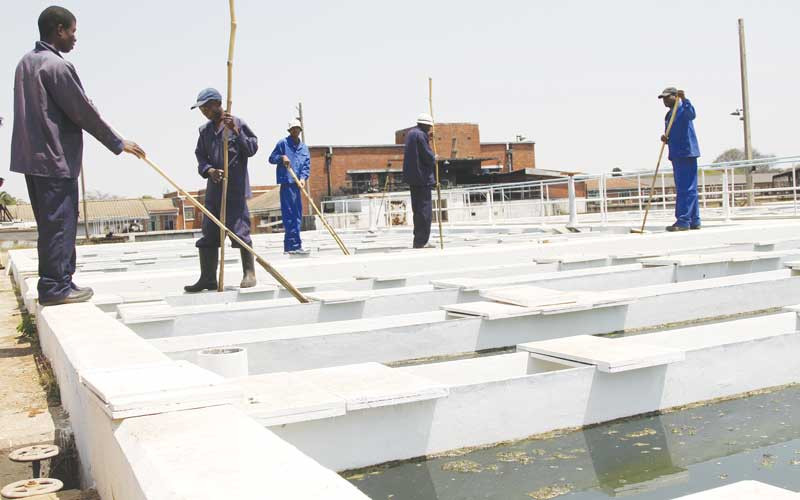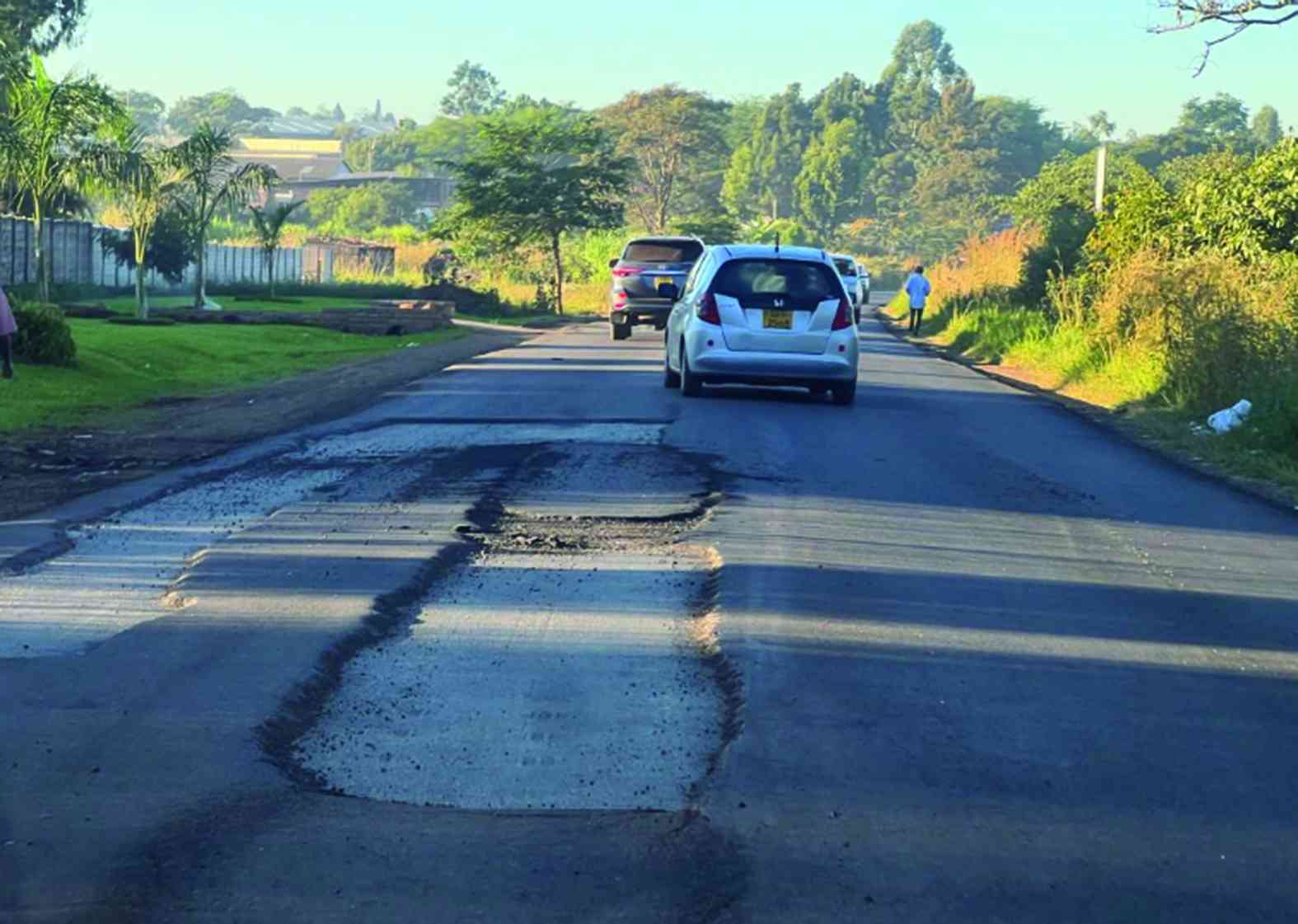
FIFTEEN years ago, Zimbabwe experienced one of its worst health disasters since independence in 1980, when a cholera outbreak engulfed the entire country killing 4 369 people and infecting another 98 569. It was such as horrendous experience that a state of emergency was declared and government had to appeal for international assistance to bring it under control as the disease spread across much of southern Africa.
While the outbreak, which began in Chitungwiza, largely emanated from water contaminated with faecal matter, its widespread devastation was attributed to poor access to health care, poor infrastructure, high HIV prevalence, political instability, food shortages, high levels of displaced people and lack of access to safe water.
Confounded by the outbreak, the Zimbabwe government ended up blaming it on Western sanctions and even suggesting that the Western powers wanted to use it as a pretext to invade the country.
Fast forward to 2023.
While another cholera outbreak of similar magnitude may appear remote at the moment, conditions for the disease to resurface in a big way are, however, evident in Chitungwiza and the capital Harare. For example, the Harare City Council (HCC) told us this week that it had run out of aluminium sulphate, one of the major chemicals used in treating water consumed in Greater Harare. As a result, the council said it was drastically reducing water production to stretch as far as possible the remaining stocks of aluminium sulphate. HCC also said it had appealed to the Reserve Bank of Zimbabwe to prioritise companies that procure water chemicals for the local authority.
Harare’s water situation has been dire for quite some time now and it perplexes why government appears unfazed by this potentially disastrous situation. The only time government speaks is when it is blaming the dire state of much of the capital city on mismanagement by the local authority dominated by opposition party councillors.
One wonders where government would be while the local authority mismanages the city when we thought all local authorities directly fall under the purview of the Local Government and Public Works ministry?
It is quite jaw-dropping that government would rather concentrate on vilifying the opposition-led local authority for its supposed shortcomings, instead of decisively acting to avert a possible disaster in the form of waterborne disease outbreaks.
- Over 115 to exhibit at Mine Entra
- Young entrepreneur dreams big
- Econet bemoans power outages
- Govt opens ChiTown e-passport centre
Keep Reading
Since 2008 the population of Harare has rapidly grown, meaning that in the event of a disease outbreak, the devastation will be catastrophic and will not spare anyone, including those in government. It is, therefore, imperative that government should start to take keen interest in how the capital and other urban areas are being run, regardless which political party is dominating the councils.
It is high time government matured and stopped being so myopic as to perpetually drive political agendas at the expense of national interests. Harare needs urgent help to avert a health disaster and government stands to gain nothing, but lose credibility, by turning a blind eye to the capital city’s plight, especially the water crisis it is currently grappling with.











